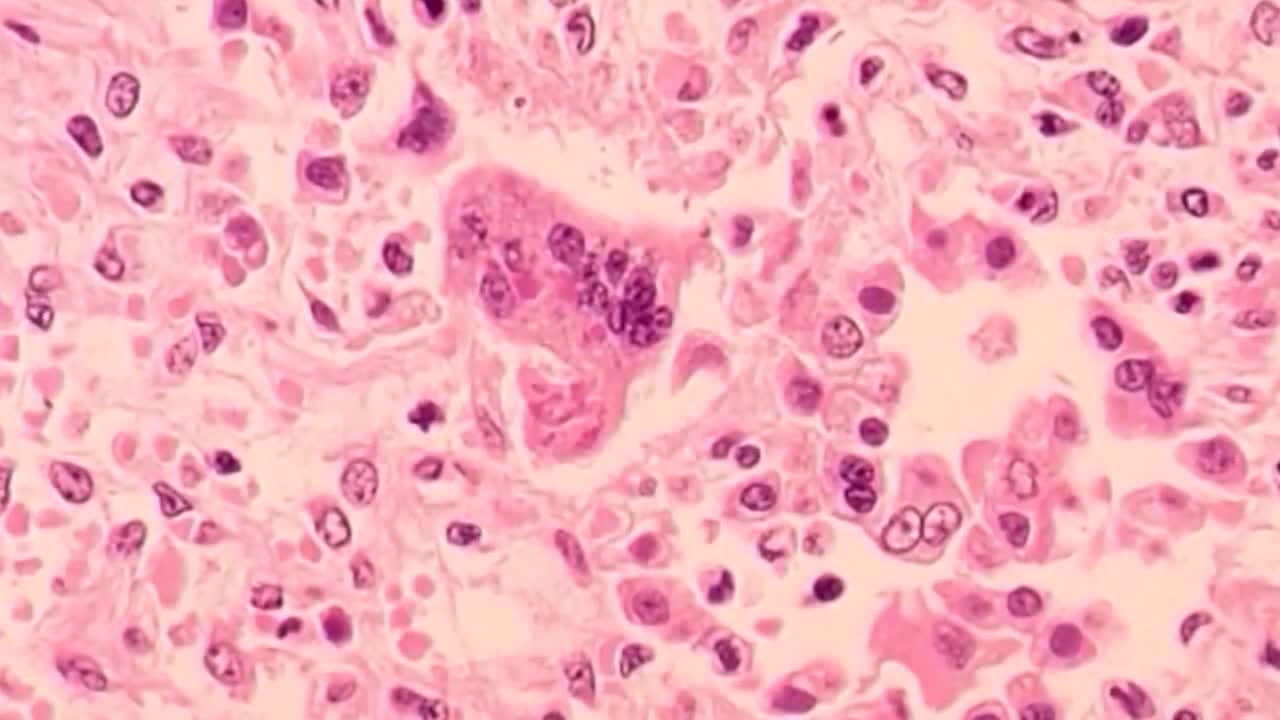Could Brain Zaps Be the Future of Health? New Tech Shows Promise

Singapore – Forget energy drinks and motivational speeches! A fascinating new technology is emerging that uses gentle, tingling sensations – often referred to as “brain zaps” – to potentially address a wide range of health challenges. While the term might sound a little sci-fi, the underlying science is surprisingly promising, and researchers in Singapore and around the world are exploring its potential with growing excitement.
What are Brain Zaps?
The term “brain zaps” isn't a medical term itself, but rather a colloquial description of the sensation experienced when using Transcranial Direct Current Stimulation (tDCS). tDCS is a non-invasive brain stimulation technique that delivers a weak, constant electrical current to specific areas of the brain through electrodes placed on the scalp. This gentle current can modulate brain activity, influencing mood, motivation, and cognitive function.
The Potential Applications – Beyond Just Motivation
While the initial hype surrounding tDCS focused on boosting motivation and productivity – think a wearable device that gives you the nudge you need to hit the gym – the potential applications extend far beyond. Researchers are investigating its use in treating a variety of conditions, including:
- Depression: Early studies suggest tDCS can be effective in alleviating symptoms of depression, particularly in cases that haven’t responded well to traditional treatments.
- Chronic Pain: By modulating pain pathways in the brain, tDCS shows promise in managing chronic pain conditions.
- Stroke Rehabilitation: tDCS can help stimulate neuroplasticity, aiding in the recovery of motor function after a stroke.
- Cognitive Enhancement: Some research explores using tDCS to improve memory, focus, and learning abilities.
Singapore's Role in the Research
Singapore is actively involved in tDCS research, with several institutions exploring its clinical applications and refining the technology. Local researchers are particularly interested in understanding how tDCS can be personalized to individual patients, optimizing treatment outcomes. The National University of Singapore (NUS) and other research centers are conducting clinical trials to evaluate the effectiveness and safety of tDCS for various neurological and psychiatric conditions.
Safety and Considerations
While tDCS is generally considered safe, it’s crucial to understand that it's not without potential risks. Side effects are typically mild and temporary, such as skin irritation or slight headaches. However, it’s essential to undergo treatment under the supervision of a qualified healthcare professional. Self-administration of tDCS devices is strongly discouraged due to the risk of improper application and potential adverse effects.
The Future is Electric
The field of brain stimulation is rapidly evolving, and tDCS represents a significant step forward in our ability to non-invasively influence brain function. While further research is needed to fully understand its long-term effects and optimize its applications, the potential benefits for treating a wide range of health problems are undeniable. The prospect of a future where gentle “brain zaps” can improve our wellbeing and address debilitating conditions is truly exciting, and Singapore is poised to be at the forefront of this revolution. Keep an eye on this space – the future of health might just be electric!





